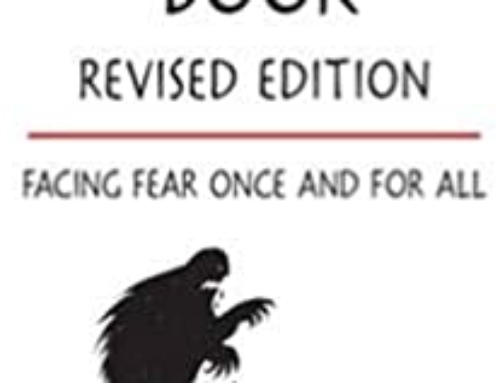Reading Notes & Thoughts from…
“Elon Musk Thinks Every Child Should Learn about these 50 Cognitive Biases”
By Jessica Stillman , Inc Magazine
— — — — — — — — — — — — — — — — — — — — — — — — —
False Memory. Mistaking something you imagined for a memory. Google up “False memories and court testimony” if you ever want to terrify yourself.
Cryptomnesia. The opposite of the one above. Thinking a true memory is something you imagined.
Clustering Illusion. Refers to the natural human tendency to associate some meaning to certain types of patterns which must inevitably appear in any large enough data set.
For instance, most people say that the sequence “OXXXOXXXOXXOOOXOOXXOO” is non-random, when, in fact, it has many qualities which would also appear to be desirable characteristics of what one expects to see in a “random” stream, such as having an equal number of each result and the fact that the number of adjacent results with the same outcome is equal for both possible outcomes.
As another example, the answers of the SAT, an important multiple-choice standardized test in the United States, are specifically chosen not to contain any long runs, because experience has shown test designers that students believe these runs are unlikely to occur. As a result, a student may feel pressured into choosing a wrong answer just to break a run.
Clustering illusion was also used to disprove the “hot hand” theory in sports and/or gambling. I personally think that “wanting to think we are special” contributes to this significantly. Many movies and detective novels will glamorize the hero that sees ‘things’ the others don’t.
Pessimism Bias. Always seeing the glass as half empty.
Optimism Bias. Always seeing the glass as half full.
Blind Spot Bias. The bias that makes us think we don’t have as many biases as other people. You do.

